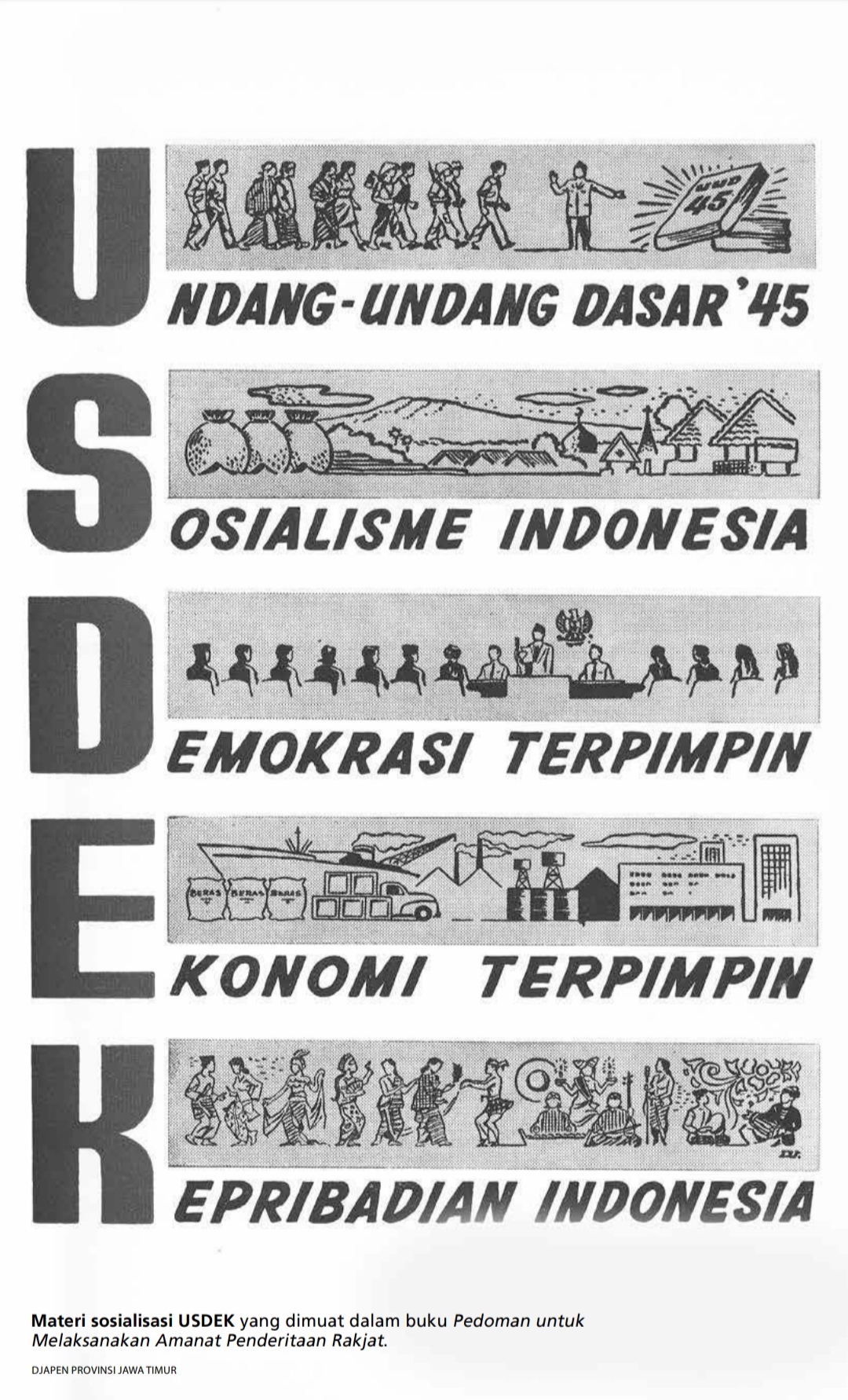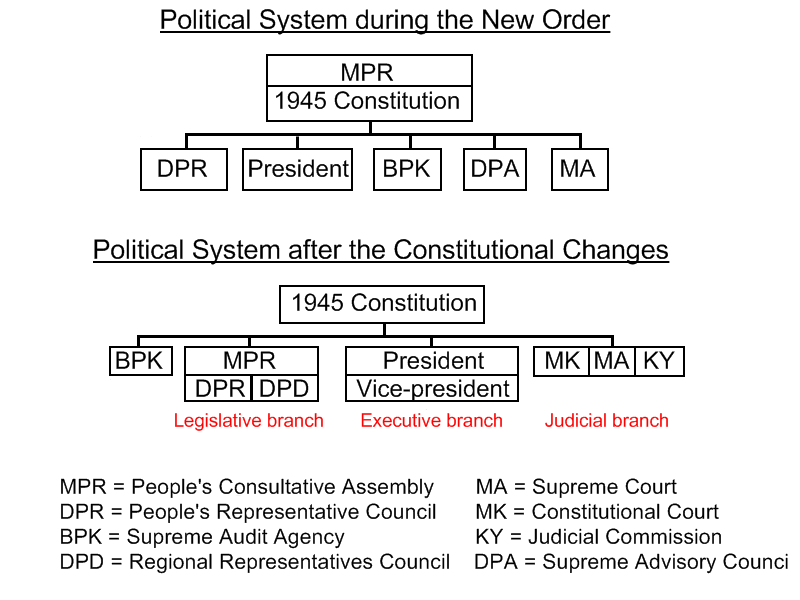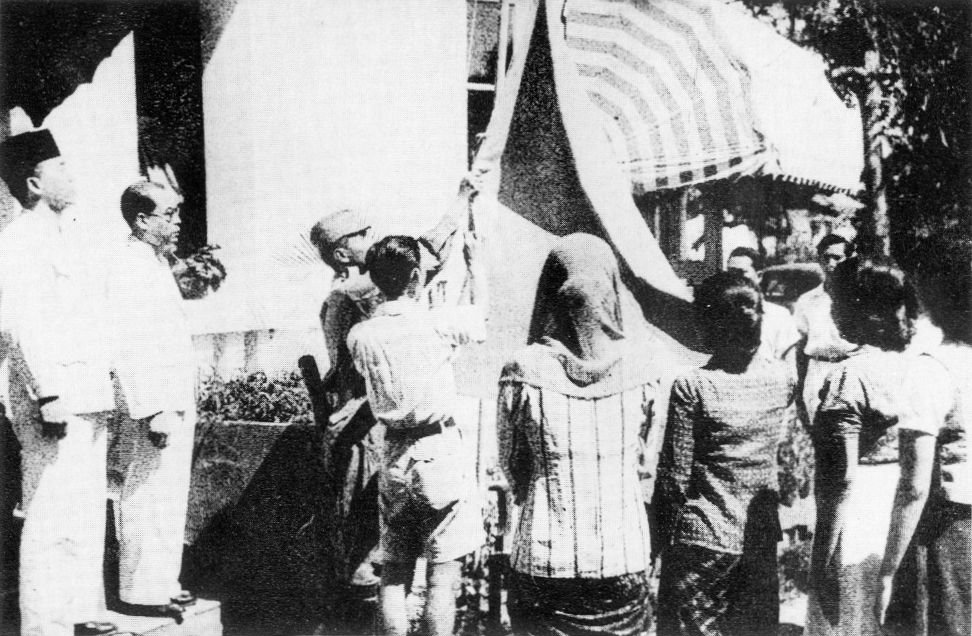|
Panglima
(archaic form: , Jawi script, Jawi: ) a military title used in Indonesia and Malaysia, and historically in the Philippines. It means 'a commander of a body of troops' deriving from , a long-obsolete word for 'hand'. In the past it is used to call some prominent military leaders in Malay world. The prominent Malacca Sultanate, Malacca and succeeding Johor Sultanate, Johor Sultanates place the position of a as below that of a . Walter William Skeat (anthropologist), Walter William Skeat writes that Semang tribes north of Malay Peninsula are often headed by shamans () also titled . In modern times it is reserved for the chiefs of the armed forces of Indonesian National Armed Forces, Indonesia and Malaysian Armed Forces, Malaysia and some other posts. Use in Indonesia As stipulated in article 10 of Indonesian Constitution, the President of Indonesia is the Supreme Commander of Indonesian Armed Forces (). Essentially it is parallel to the title 'Commander-in-Chief' in other countr ... [...More Info...] [...Related Items...] OR: [Wikipedia] [Google] [Baidu] |
Commander Of The Indonesian National Armed Forces
The Commander of the Indonesian National Armed Forces (, known as Panglima TNI) is the professional head and highest-ranking officer of the Indonesian National Armed Forces. Directly answerable to the president of Indonesia (the supreme commander), the position is held by any four-star officer who previously served as Chief of Staff of the Army (KSAD), Chief of Staff of the Navy (KSAL) or Chief of Staff of the Air Force (KSAU). As the Commander, the officeholder has direct command and control over all of the Indonesian National Armed Forces' principal operational commands such as Army Strategic Command, Kopassus, Indonesian Marine Corps, Fleet Commands, Air Ops Commands, etc. Per the president's decree 66/2019, a four-star officer acting as Deputy Commander of the Indonesian National Armed Forces deputises for the Commander, but as of 2024, the office is still vacant. The name of the office has evolved over the years, with the present name being finalized once the Indonesia ... [...More Info...] [...Related Items...] OR: [Wikipedia] [Google] [Baidu] |
Indonesian National Armed Forces
The Indonesian National Armed Forces (; abbreviated as TNI) are the military forces of the Republic of Indonesia. It consists of the Indonesian Army, Army (''TNI-AD''), Indonesian Navy, Navy (''TNI-AL''), and Indonesian Air Force, Air Force (''TNI-AU''). The President of Indonesia is the Commander-in-chief#Indonesia, Supreme Commander of the Armed Forces. , it comprises approximately 400,000 military personnel including the Indonesian Marine Corps (), which is a branch of the Navy. Initially formed with the name of the People's Security Army (TKR), then later changed to the Republic of Indonesia Army (TRI) before changing again its name to the Indonesian National Armed Forces (TNI) to the present. The Indonesian Armed Forces were formed during the Indonesian National Revolution, when it undertook a guerrilla war along with informal militia. As a result of this, and the need to maintain internal security, the Armed forces including the Army, Navy, and Air Force has been organised ... [...More Info...] [...Related Items...] OR: [Wikipedia] [Google] [Baidu] |
Malay Styles And Titles
The Malay language has a complex system of Style (manner of address), styles, titles and honorifics which are used extensively in Brunei, Brunei Darussalam, Malaysia and Singapore. Brunei, Malaysia, Singapore, few provinces in the Philippines and several provinces in Indonesia regularly award honorary and life titles. What follows in this article is specific to the Malaysian system. References to Brunei and Indonesia are given when pertinent. In Malaysia, all non-hereditary titles can be granted to both men and women. Every title has a form of address which can be used by the wife of the title holder. This form is not used by the husband of a titled woman; such a woman will bear a title which is the same as a titled man. Former usage Singapore, whose Malay royalty was abolished by the Singapore in the Straits Settlements, British colonial government in 1891, has adopted civic titles for its leaders. Much of the Philippines was History of the Philippines (900–1521), historic ... [...More Info...] [...Related Items...] OR: [Wikipedia] [Google] [Baidu] |
Sudirman
Sudirman (; 24 January 1916 – 29 January 1950) was an Indonesian military officer and revolutionary during the Indonesian National Revolution and the first commander of the Indonesian National Armed Forces. Born in Purbalingga, Dutch East Indies, Sudirman moved to Cilacap in 1916 and was raised by his uncle. A diligent student at a Muhammadiyah-run school, he became respected within the community for his devotion to Islam. After dropping out of teacher's college, in 1936 he began working as a teacher, and later headmaster, at a Muhammadiyah-run elementary school. After the Japanese occupation of the Dutch East Indies, Japanese occupied the Indies in 1942, Sudirman continued to teach, before joining the Japanese-sponsored Defenders of the Homeland (PETA) as a battalion commander in Banyumas in 1944. In this position he put down a rebellion by his fellow soldiers, but was later interned in Bogor. After Proclamation of Indonesian Independence, Indonesia proclaimed its independence ... [...More Info...] [...Related Items...] OR: [Wikipedia] [Google] [Baidu] |
Kostrad
The Army Strategic Reserve Command (; abbreviated Kostrad) is a combined-arms formation of the Indonesian Army. Kostrad is a Corps level command which has up to 35,000 troops. It also supervises operational readiness among all commands and conducts defence and security operations at the strategic level in accordance with policies under the command of the commander of the Indonesian National Armed Forces. In contrast to its name ("Reserve"), Kostrad is the main warfare combat unit of the Indonesian Army. While Kopassus is the elite-special forces of the Indonesian Army, Kostrad as "" or "Principal Operational Command" still maintains as the first-line combat formation of the Indonesian National Armed Forces along with the Kopassus. As a corps, Kostrad is commanded by a , usually a lieutenant general. Kostrad falls under the army chief of staff for training, personnel, and administration. However, it comes under the Commander-in-Chief of the Indonesian National Armed Forces fo ... [...More Info...] [...Related Items...] OR: [Wikipedia] [Google] [Baidu] |
Suharto
Suharto (8 June 1921 – 27 January 2008) was an Indonesian Officer (armed forces), military officer and politician, and dictator, who was the second and longest serving president of Indonesia, serving from 1967 to 1998. His 32 years rule, characterised as authoritarian and kleptocratic, was marked by widespread corruption, political repression, and human rights abuses. Suharto's regime Fall of Suharto, ultimately collapsed in 1998 amid May 1998 riots of Indonesia, mass protests, violent unrest, and the fallout of the 1997 Asian financial crisis, leading to his resignation. Suharto was born in Kemusuk, near the city of Yogyakarta, during the Dutch East Indies, Dutch colonial era. He grew up in humble circumstances. His Javanese people, Javanese Muslim parents divorced not long after his birth, and he lived with foster parents for much of his childhood. During the Japanese occupation of the Dutch East Indies, Japanese occupation, Suharto served in the Japanese-organized Indones ... [...More Info...] [...Related Items...] OR: [Wikipedia] [Google] [Baidu] |
Guided Democracy In Indonesia
Guided Democracy (), also called the Old Order (), was the political system in place in Indonesia from 1959 until the New Order began in 1966. This period followed the dissolution of the liberal democracy period in Indonesia by President Sukarno, who centralized control in the name of political stability. He claimed to have based the system on the traditional village system of discussion and consensus, which occurred under the guidance of village elders. On the national level, however, this meant centralized rule under Sukarno: martial law, a massive reduction in civil liberties and democratic norms, and the Republic of Indonesia Armed Forces (in particular the Indonesian Army) and Communist Party of Indonesia acting as major power blocs. Sukarno proposed a threefold blend of nationalism, religion, and communism into a co-operative or governmental concept. This was intended to satisfy the four main factions in Indonesian politics—the army, the secular nationalists, ... [...More Info...] [...Related Items...] OR: [Wikipedia] [Google] [Baidu] |
Jawi Script
Jawi (; ; ; ) is a writing system used for writing several languages of Southeast Asia, such as Acehnese, Banjarese, Betawi, Magindanao, Malay, Mëranaw, Minangkabau, Tausūg, Ternate and many other languages in Southeast Asia. Jawi is based on the Arabic script, consisting of all 31 original Arabic letters, six letters constructed to fit phonemes native to Malay, and one additional phoneme used in foreign loanwords, but not found in Classical Arabic, which are ''ca'' ( ), ''nga'' ( ), ''pa'' ( ), ''ga'' ( ), ''va'' ( ), and ''nya'' ( ). Jawi was developed during the advent of Islam in Maritime Southeast Asia, supplanting the earlier Brahmic scripts used during Hindu-Buddhist era. The oldest evidence of Jawi writing can be found on the 14th century Terengganu Inscription Stone, a text in Classical Malay that contains a mixture of Malay, Sanskrit and Arabic vocabularies. However, the script may have used as early as the 9th century, when Peureulak Sultanate has ... [...More Info...] [...Related Items...] OR: [Wikipedia] [Google] [Baidu] |
Indonesian Constitution
The 1945 Constitution of the Unitary State of the Republic of Indonesia (, commonly abbreviated as ''UUD 1945'' or ''UUD '45'') is the supreme law and basis for all laws of Indonesia. The constitution was written in June–August 1945, in the final months of the Japanese occupation of the Dutch East Indies at the end of World War II. It was abrogated by the Federal Constitution of 1949 and the Provisional Constitution of 1950, but restored by President Sukarno's 1959 Decree. The 1945 Constitution sets forth the Pancasila, the five nationalist principles, as the embodiment of basic principles of an independent Indonesian state. It provides for a limited separation of executive, legislative, and judicial powers. The governmental system has been described as "presidential with parliamentary characteristics."King (2007) Following major upheavals in 1998 and the resignation of President Suharto, several political reforms were set in motion, via amendments to the Constitution, wh ... [...More Info...] [...Related Items...] OR: [Wikipedia] [Google] [Baidu] |
Indonesian National Revolution
The Indonesian National Revolution (), also known as the Indonesian War of Independence (, ), was an armed conflict and diplomatic struggle between the Republic of Indonesia and the Dutch Empire and an internal social revolution during Aftermath of WWII, postwar and Dutch East Indies#World War II and independence, postcolonial Indonesia. It took place between Indonesian Declaration of Independence, Indonesia's declaration of independence in 1945 and the Netherlands' Dutch–Indonesian Round Table Conference, transfer of sovereignty over the Dutch East Indies to the Republic of the United States of Indonesia at the end of 1949. The four-year struggle involved sporadic but bloody armed conflict, internal Indonesian political and communal upheavals, and two major international diplomatic interventions. Dutch military forces (and, for a while, the forces of the World War II Allies, World War II allies) were able to control the major towns, cities and industrial assets in Repu ... [...More Info...] [...Related Items...] OR: [Wikipedia] [Google] [Baidu] |






